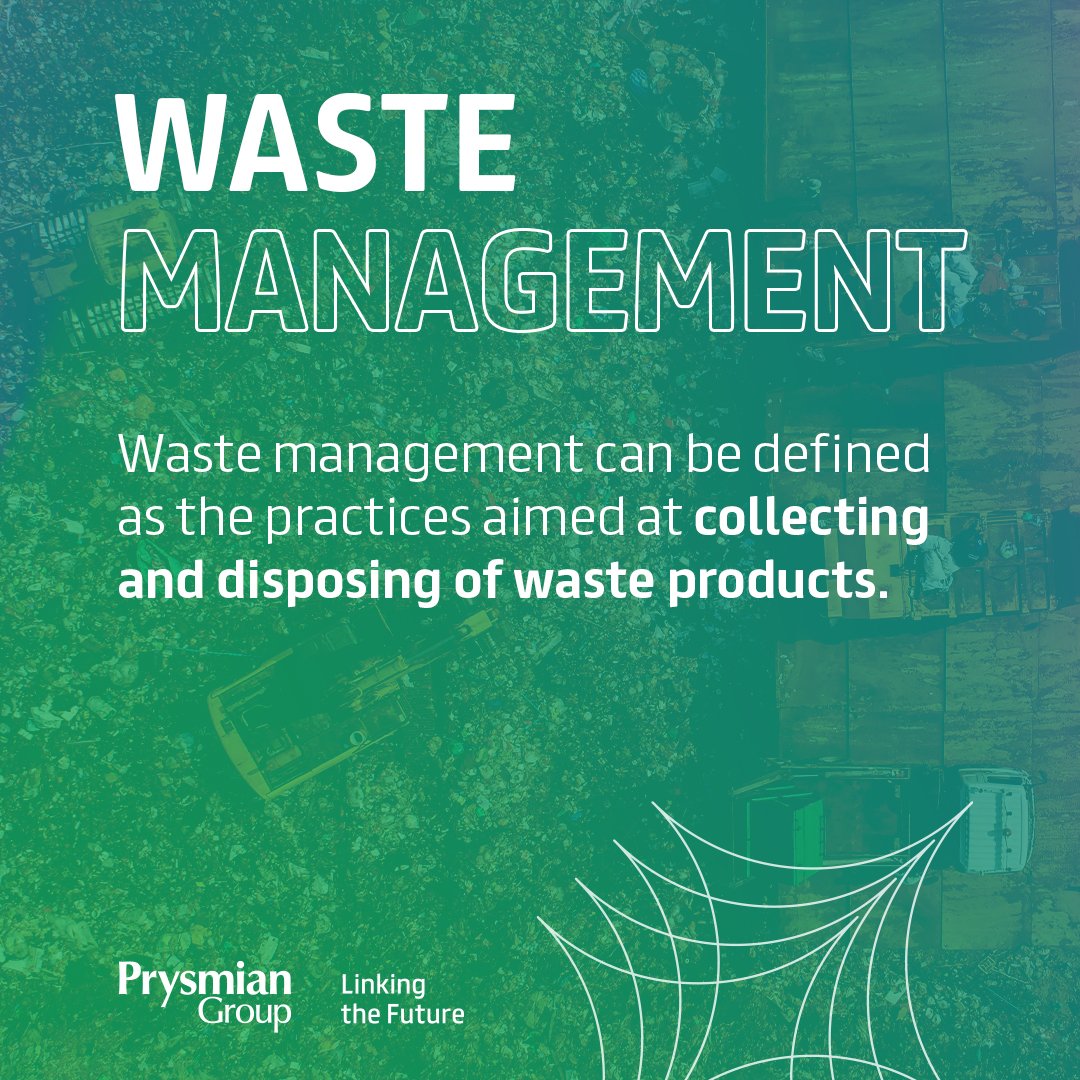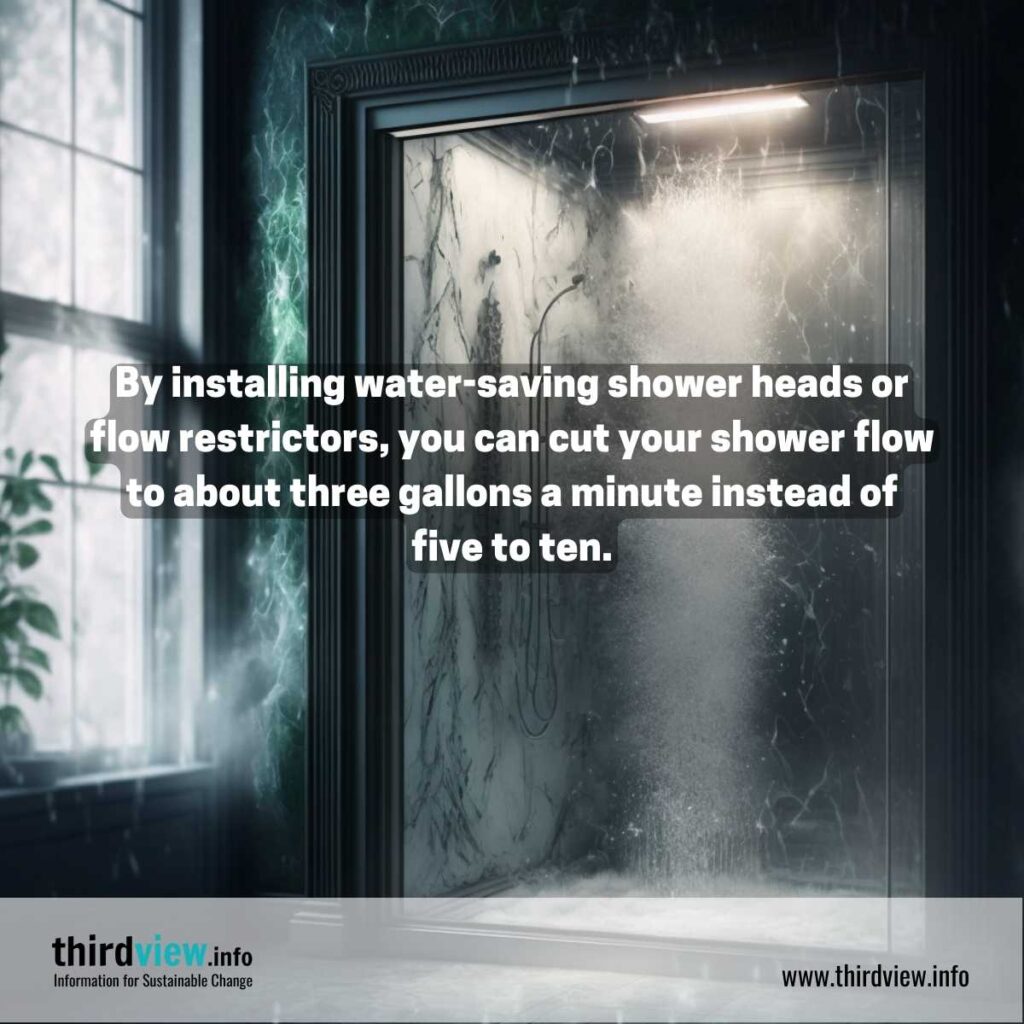Some Known Facts About Reclaim Waste.
Some Known Facts About Reclaim Waste.
Blog Article
Reclaim Waste Can Be Fun For Anyone
Table of ContentsEverything about Reclaim WasteThe smart Trick of Reclaim Waste That Nobody is DiscussingA Biased View of Reclaim WasteThe smart Trick of Reclaim Waste That Nobody is DiscussingFacts About Reclaim Waste Revealed
Check out the types, occurrences, and types of liquid waste. Domestic sewage waste describes the waste and items from a household septic system. This type of waste is produced by humans in residences, institutions, and various other buildings. This only consists of sewage-disposal tanks that have a drainpipe field. The correct management and disposal of residential sewage waste call for liquid waste to be moved to a sewage treatment plant where the appropriate methods and devices are applied to purify and take care of waste.
Business waste commonly consists of potential threats, such as flammable materials or a blend of liquid and solid waste products, and calls for a more sophisticated and detailed disposal process. The disposal of business waste typically includes the purification of waste before transport to make sure safe and appropriate disposal. Industrial waste is produced from by-products and drainage of commercial processes and manufacturing.
This type of waste can not make use of the exact same sewage monitoring transport or processes as septic or business liquids. The hazardous waste administration process needs the inspection and testing of liquid waste before it goes through the disposal procedure (liquid waste disposal). Drainage waste is the fluid waste that comes from runoff and excess stormwater in highly populated locations or cities
Drainage waste can create contamination and flooding otherwise handled correctly. Find out more regarding drain cleaning and waste management. Guaranteeing appropriate waste administration can avoid catastrophes and minimize environmental harm. Both individuals in residential settings and specialists in business or manufacturing markets can gain from understanding the procedures and guidelines of liquid waste administration.
6 Easy Facts About Reclaim Waste Explained
Contact PROS Providers today to discover our waste management and disposal solutions and the proper methods to care for the liquid waste you create.
(https://www.openlearning.com/u/leonaube-smse1x/about/)This so-called 'wastewater' is not just a crucial resource but, after therapy, will be released to our land, rivers or the ocean. Utilized water from bathrooms, showers, bathrooms, kitchen sinks, washings and industrial procedures is recognized as wastewater.

water used to cool equipment or tidy plant and devices). Stormwater, a form of wastewater, is drainage that flows from farming and metropolitan areas such as roof coverings, parks, gardens, roads, paths and gutters into stormwater drains pipes, after rain. Stormwater moves neglected straight to regional creeks or rivers, ultimately reaching the ocean.
7 Simple Techniques For Reclaim Waste
In Queensland, a lot of wastewater is treated at click here for more info sewer therapy plants. Wastewater is carried from domestic or commercial sites through a system of sewage systems and pump terminals, known as sewerage reticulation, to a sewer treatment plant. Regional governments build, keep and run most sewer treatment plants. Operators are certified under the Environmental Defense Act 1994 to release cured wastewater at an appropriate ecological criterion into rivers.
The Division of Natural Resources encourages city governments concerning handling, operating and preserving sewerage systems and treatment plants. In unsewered locations, neighborhood federal governments might need householders to install private or household sewer therapy systems to deal with residential wastewater from toilets, kitchens, restrooms and laundries. The Division of Natural Resources authorises making use of family systems when they are shown to be effective.
The majority of stormwater gets no therapy. In some new subdivisions, therapy of some stormwater to remove trash, sand and gravel has begun utilizing gross contaminant catches. Wastewater treatment takes place in four stages: Gets rid of strong issue. Larger solids, such as plastics and other things wrongly released to drains, are removed when wastewater is travelled through screens.
Wastewater then moves into big storage tanks where solids settle and are eliminated as sludge. Oil and residue are skimmed from the surface. Utilizes little living organisms knows as micro-organisms to damage down and remove staying dissolved wastes and great fragments. Micro-organisms and wastes are incorporated in the sludge. Gets rid of nitrogen and phosphorus nutrients that could trigger algal blooms in our rivers and threaten marine life.
An Unbiased View of Reclaim Waste
Nutrient elimination is not offered at all sewer treatment plants because it calls for expensive specialized tools. Clear fluid effluent produced after treatment might still have disease-causing micro-organisms - liquid waste removal.

Many wastewater moves into the sewage system. Under the Act, regional governments provide authorizations and permits for ecologically pertinent activities (Periods) including wastewater releases that may have a neighborhood influence.
Reclaim Waste Can Be Fun For Anyone
Surveillance provides factual information regarding water top quality and can confirm that licence problems are being met. The details obtained via surveillance supplies the basis for making water quality decisions.
Report this page